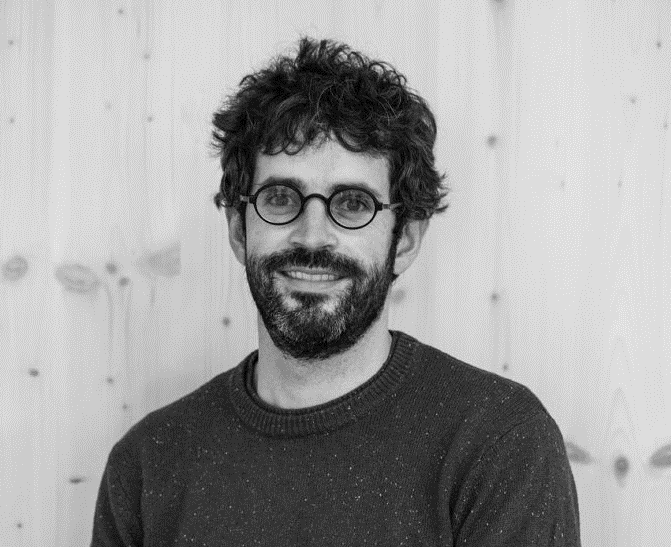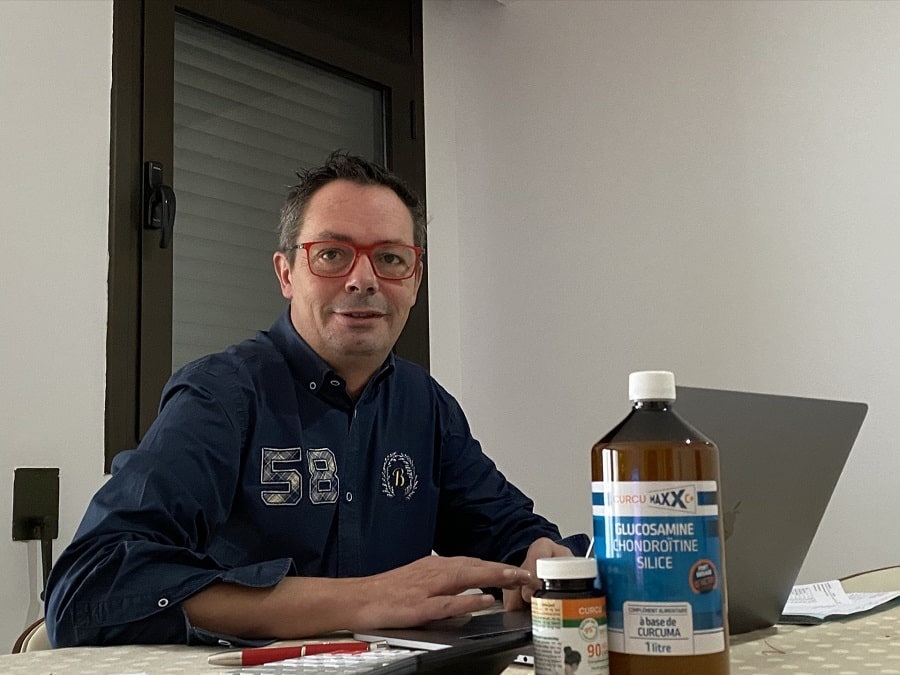Judo was created in 1882 by Kanō Jigorō as an eclectic martial art. Today it is an unarmed modern Japanese martial art, combat sport, Olympic sport (since 1964), and the most prominent form of jacket wrestling competed internationally. The objective of competitive judo is to throw an opponent or force him to submit with a joint lock or a choke.
Judo’s philosophy revolves around two primary principles: “good use of energy” and “mutual welfare and benefit”. Judo spawned a number of derivative martial arts around the world, such as Brazilian jiu-jitsu, Krav Maga, sambo, and ARB. Judo also influenced other combat styles such as close-quarters combat (CQC), mixed martial arts (MMA), shoot wrestling and submission wrestling.
Eladi Lopez is the only Andorran judoka who holds the 7th dan, a belt that is no longer black but red and white, which is the highest level ever achieved by any judoka from the Principality. He started practising judo when he was 13 years old, so this year marks the 50th anniversary since he dedicated himself to the sport.
We spoke to Eladi, a sensei since the age of 21, about the philosophy of judo, the evolution of this sport and the motivation of sportsmen in moments of defeat.
Interview: Irina Rybalchenko, Manel Montoro
It would be interesting to know about the very beginning of your journey: why judo?
You know, it always surprises me when people say that they knew from childhood that they would dedicate themselves to something specific. In my case, it’s not like that – I don’t know why. I was also involved in football when I was a kid, but finally I decided to dedicate myself to judo.
What has judo given you personally?
I don’t just love this sport – it’s my passion. Also, it is my safety and ability to defend myself, my self-confidence, my restraint and…. a lot of adrenaline during competitions.
Can you count how many fights you have won during your long career?
I always win (laughing).
They say that judo is a sport, a martial art and a philosophy of life. Three in one. And what is it for you?
Martial art? Yes. But for me, first of all, it’s a way of communicating with people through sport.
Around 1882, Jigoro Kano, the founder of judo, took the best of the jiu-jitsu school – namely, the basic tenet – “to be soft and supple, directing the enemy’s force against himself” and elevated it into a philosophy. In Japanese, judo means “the soft way.” Is it really soft?
Indeed, “ju” is the way, “do” is softness or flexibility.
Judo is a martial art that was created for self-defence. Judo is taught to defend life against any kind of aggression. Today, it is a full-fledged sport. Those who practice judo do not seek to hurt, but simply gain points: if you fall on your back, you get one point; if you fall on your side, you get half a point…
It’s very important to note that judo has a moral code that talks about respect, empathy and courage.
Is force a responsibility?
It’s more about satisfaction and personal well-being.
What is the history of the foundation of the club?
Founded in 1990, the Hantei Club has been around for 34 years. Most of Andorra’s judokas have passed through my hands.
Today we have about 110 members, from 4-year-old children to adults 45-55 years old.
There are two other coaches working with me: Juan-Carles (kids 4-9 years old) and Dani Garcia ( juniors from 16-18 years old to the senior men’s category).
I lead groups of kids 10-15 years old.
Twice a week, in the afternoon, we also teach women self-defence.
Finally, there is a group of 8-10 adults who left judo a long time ago but wished to come back.
Your club has a very open policy. Sometimes, you invite parents and friends to come and practice judo together, is that right?
We try to involve as many people as possible. We like to involve everyone: parents, brothers, sisters, friends…the kids really enjoy teaching their parents, and everyone has a lot of fun!
Does the club have any sponsors?
No. The only sponsor we have is city hall, which provides us with facilities and the financial support we need to run the club.
How often are there competitions in Andorra and outside of the country?
Recently, we were in Pamplona; this year, we are going to San Remo (Italy), and we also have competitions planned in Ibiza, Barcelona and the Basque Country. We will participate in the Mediterranean League with children from 9 to 12 years old. Finally, we regularly participate in competitions in Andorra, which are organised by the federation and the parish clubs.
Competitions sometimes end in disappointment and tears. How do you motivate your young competitors?
In any competition, there are always lots of emotions. There are always those who are happy about successes and those who cry from disappointment. To learn judo, you have to fall a lot of times. Then, little by little, you come to understand how to keep balance; you start grabbing, pulling and… you fall again. Every time we lose, we gain experience. When the fight is over, the winner is happy and doesn’t need anything. And for the one who has lost, it is important that someone is there to encourage, give praise and reassure.
How has judo evolved in recent years?
Compared to what it was 50 years ago, there is nothing in common. Now, people are more athletic and physically stronger. Today, judo is much more technical (if we are talking about Japanese judo).
Healthy nutrition is very important for any sport. Are there any sports nutrition specifics for a judoka?
Before the “cadet” category, I am not involved in controlling children’s weight. Kids need to grow, and they need to have a good nutrition to do so. The diet starts at the “cadet” age. If a competitor gains an extra 500g before a competition, he can enter another weight category and, therefore, lose the competition.
How do you plan to develop the club?
My target is to educate as many professional judokas as possible so that, one day, they can go to the Olympics and win.
I would also like to remind you: in judo, there is no age limit – all have the freedom to do what they believe in.
Judo Moral code
- Politeness, respect for others
- Courage, to do what is right
- Sincerity, to express oneself without hiding one’s thoughts
- Honour, being true to your word
- Modesty, speaking of yourself without pride
- Respect, as without respect trust cannot be given
- Self-control, knowing how to remain silent when angry
- Friendship, the purest and strongest of human emotions











